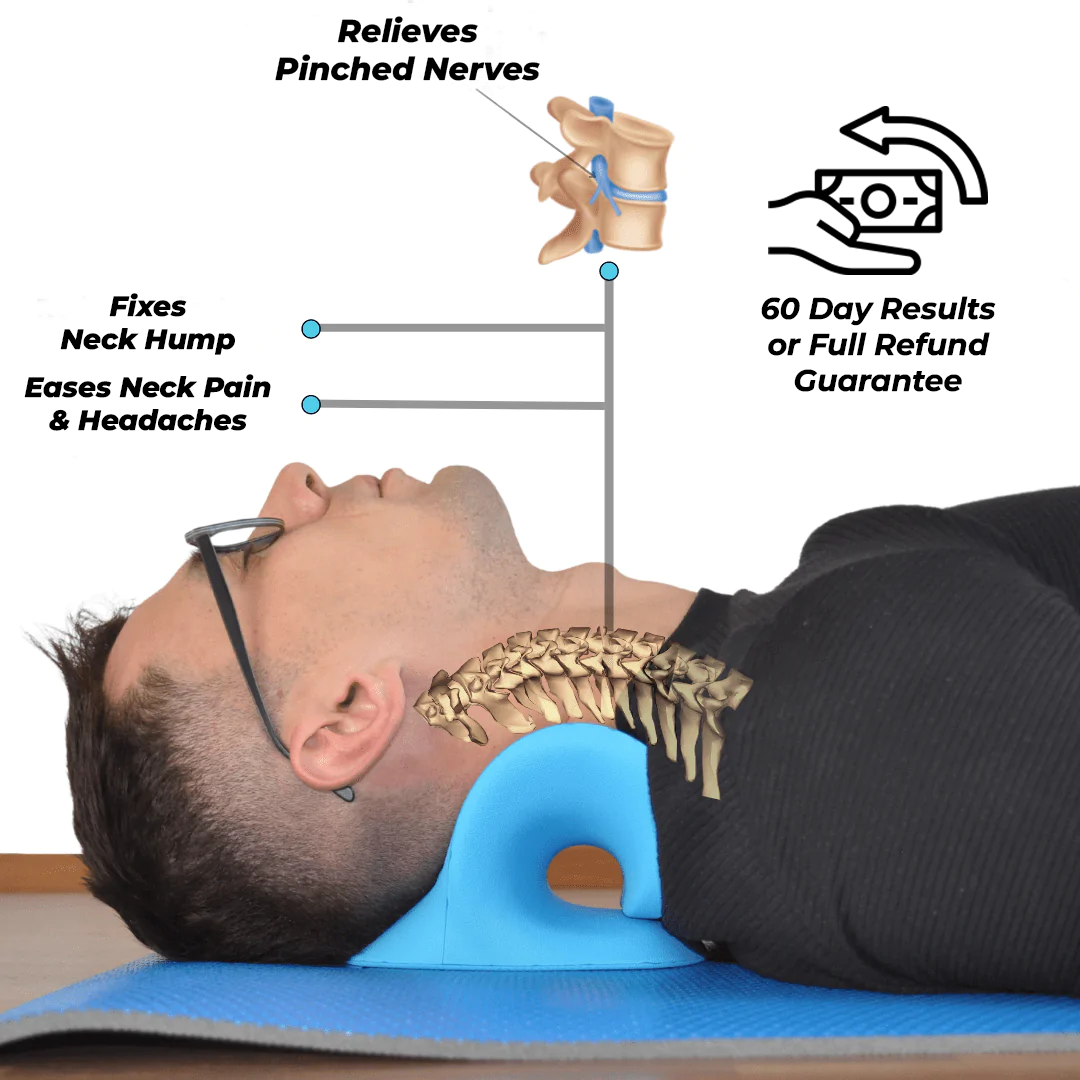The Impact of Stress And Anxiety on Neck Pain: Approaches for Decreasing Stress and Pain
In today's fast-paced globe, it's no key that anxiety has come to be a widespread factor in the start and exacerbation of neck pain. Join us on a journey to decipher the effect of stress and anxiety on neck discomfort and discover effective methods to ease pain and boost general quality of life.
Recognizing Stress-Related Neck Pain
Neck discomfort is a typical complaint that can commonly be credited to anxiety. Stress-related neck discomfort can manifest as tension, tightness, or pain in the neck and shoulder area. The connection between stress and anxiety and neck discomfort depends on the body's physical action to anxiety, which can cause muscle mass tension and tightness in the neck muscles. Persistent anxiety can cause consistent neck pain and aggravate status quo like cervical spondylosis or muscle strains.

Identifying Common Stress Areas
One common tension area is the neck, where anxiety frequently materializes physically. Tension headaches, tight neck muscular tissues, and limited array of activity are usual signs and symptoms of stress-related neck stress. Being aware of these common stress locations can assist individuals recognize the physical signs of stress and take actions to resolve them before they escalate right into persistent pain or discomfort.
Applying Leisure Methods
Leisure techniques are valuable devices for reducing neck pain created by stress. Furthermore, tasks like yoga and tai chi integrate both physical activity and leisure, making them effective practices for decreasing anxiety and neck discomfort. By including these relaxation methods right into your everyday regimen, you can help manage tension levels, minimize stress in the neck, and relieve pain linked with stress-induced neck pain.
Integrating Self-Care Practices
Including self-care practices is necessary for maintaining general wellness and handling stress-related neck discomfort successfully. Participating in routine exercise, such as mild stretching exercises or yoga, can assist alleviate tension in the neck and shoulders. Practicing excellent position throughout the day and taking regular breaks from prolonged sitting or screen time can also stop pressure on find here the neck muscular tissues.
Furthermore, prioritizing appropriate rest and developing a regular rest regimen can contribute substantially to lowering stress levels and promoting relaxation. Creating a soothing bedtime routine, such as checking top article out a book or taking a cozy bath, can help prepare the mind and body for peaceful sleep. Furthermore, preserving a well balanced diet abundant in nutrients and staying moistened can support overall wellness and lower swelling that might worsen neck discomfort.
Incorporating mindfulness practices, such as deep breathing exercises or reflection, can aid take care of anxiety and promote leisure. Taking some time for oneself, taking part in leisure activities, and establishing limits to safeguard personal time are additionally vital facets of self-care that can add to lowering tension and alleviating neck discomfort.
Seeking Specialist Assistance
How can people effectively resolve persistent neck discomfort that is impacting their day-to-day life and well-being? Looking for professional assistance can be an essential action in handling and minimizing neck pain. Consulting with medical care professionals such as chiropractics physician, physical therapists, or orthopedic professionals can provide important understandings and individualized treatment strategies. These professionals can carry out thorough evaluations to detect the underlying root causes of neck pain and suggest ideal interventions.
Chiropractors concentrate on spinal control strategies to enhance positioning and minimize stress in the neck location. Physiotherapists supply targeted stretches and workouts to reinforce muscles, improve flexibility, and enhance overall neck function. Orthopedic specialists can offer sophisticated medical interventions such as injections or medical alternatives for severe situations of neck pain.
Final Thought

Stress-related neck pain can manifest as tension, stiffness, or discomfort in the neck and shoulder area. The connection between stress and neck pain lies in the body's physiological response to stress, which can result in muscle tension and rigidity in the neck muscles. Tension frustrations, tight neck muscular tissues, and limited array of movement are typical signs of stress-related neck tension. By incorporating these relaxation strategies right into your day-to-day routine, you can help handle stress and anxiety levels, decrease tension in the neck, and alleviate pain linked with stress-induced neck pain.
